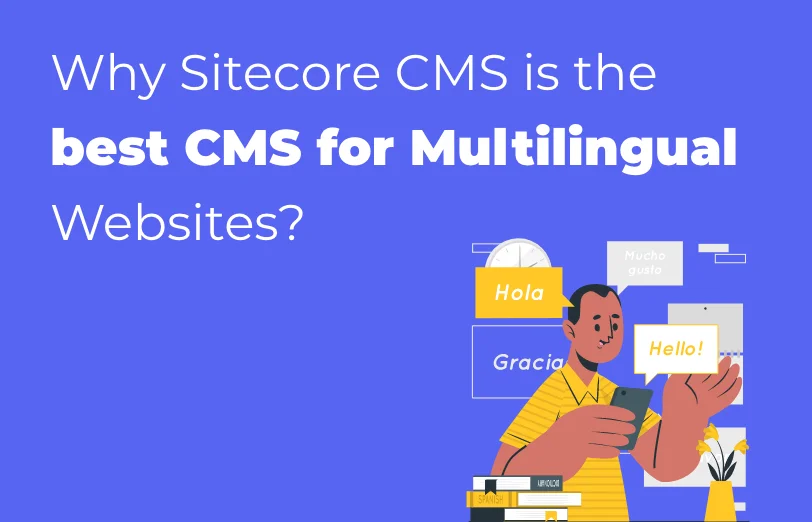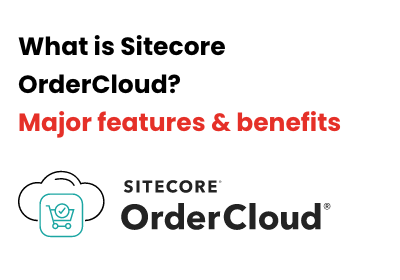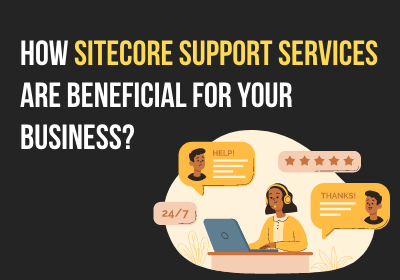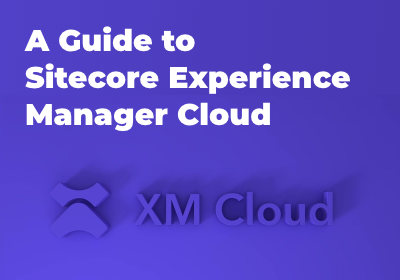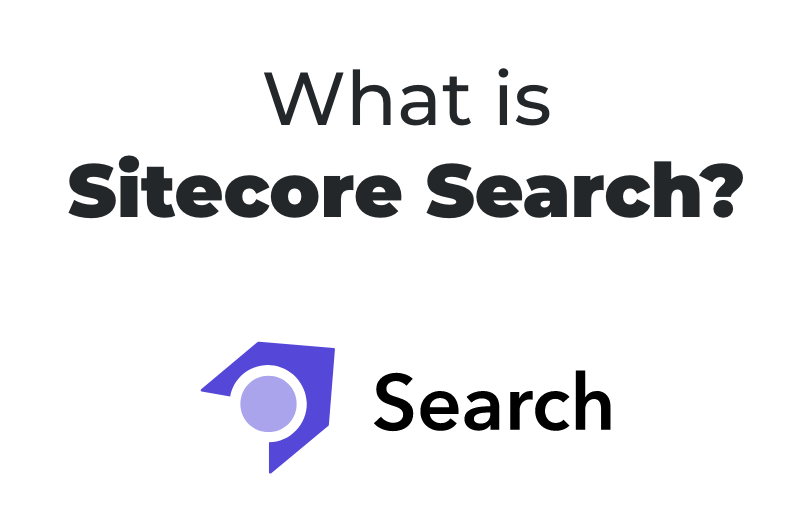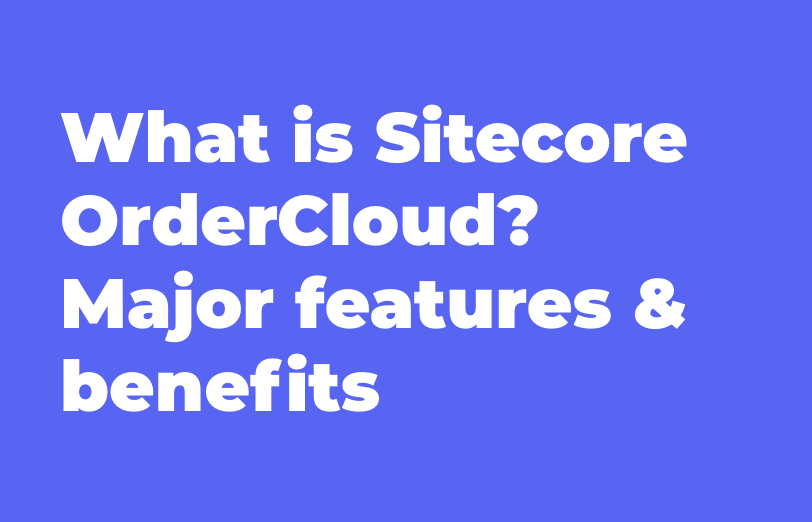Need An Accurate Estimate For Your Sitecore XM Cloud Migration Project? Kickstart Your Journey Here!
Get My EstimateNowadays, businesses and organizations are constantly expanding, especially globally. They reach out to customers and stakeholders around the world, which means there are multiple languages to be dealt with.
Maintaining a website that is multilingual, that too with efficiency is crucial to the success of a brand in international markets. This is where CMS platforms and solutions (such as Sitecore CMS development solutions) come into the picture.
Sitecore CMS is one of the leading CMS platforms that has emerged in recent years as a game changer in the content management landscape. When you get Sitecore CMS services, you get a string of benefits along with a way to manage multilingual websites.
In this blog, we will explore how getting Sitecore CMS development services will be a better choice for your business.
Through Sitecore:
- You can manage a site in any number of cultures (For example English, German, Spanish, etc.)
- Every field on the templates can be marked unique for specific languages while maintaining brand consistency and elements with uniformity. (For example, the brand logo is the same with the tagline in the predecided language whereas other field items will be in the preferred language of the user)
- Each language will have its own separate version history.
- The field items can be pushed through different workflows for incorporating the process of translation.
- When there is perfect implementation, your website will not require software changes for supporting new languages.
-
Powerful Content Management
Sitecore CMS is a robust platform that makes it easier for your brand to create, edit, and publish content in multiple languages. The UI is user-friendly and allows your creators to collaborate effectively to ensure that the translations and updates are seamless and accurate.
-
Multilingual Content Localization
One of the most standout features of Sitecore is the ability to localize the content for different regions and languages. The settings allow your business to create unique experiences for the users based on the location and language preferences. This level of personalization is very crucial for the users.
-
Integrated Translation Management
Sitecore makes the translation process simple with its tools. These integrated tools facilitate the translation directly into the CMS streamlining the workflow for translators and editors.
-
Content Versioning and Approval Workflow
Sitecore offers a comprehensive system for managing content versions and streamlining approval processes. This is specifically important because you are dealing with multilingual websites and content may need to go through multiple iterations before it's ready for publication.
-
Dynamic Language Fallback
Sitecore has a dynamic language fallback feature to ensure that the users always receive content in their language of preference. If the content is not available in a specific language, then Sitecore will automatically serve content in a fallback language for enhancing the user experience.
-
Personalization for Multilingual Audiences
Sitecore has powerful personalization features, and it is known for its capabilities to deliver stellar, hyper-personalized user experiences. By analyzing user behavior and their preferences, your business can deliver personalized content to different language segments, increasing engagement and conversions.
-
You need a data model for the language hierarchy.
A simple model is a tree of the language culture items. It will have a field base for language culture which is a dropdown of the item’s siblings. This approach will ensure that the culture only has one base language. You can also store the default language in a .config file.
-
You can have a mechanism to generate links to retrieve a “base language item” when the current language has no version available.
-
You can also generate links in a mechanism by retrieving a “default language item” when no other version is in existence.
-
This feature can only “kick in” when you are not editing and looking at the WEB database. This allows the editor in creating culture-specific version as and when needed.
In the era of globalization where brands are also going for the concept of glocalization, it is important to reach a diverse audience through multilingual websites. Sitecore CMS services will enable you to leverage the complete potential of the CMS as it has capabilities of content management, location features, integrated translation management, personalization abilities and more.
When you choose Sitecore, your brand can create engaging, personalized experiences for users across different languages and regions which in turn will lead to increased brand visibility, user satisfaction, and ultimately growth in the global market.
If you are considering the Sitecore CMS, then the Sitecore CMS development service is the best for you to create a multilingual website for your business.
Want to improve your Sitecore platform? Get a free audit now!

 About Us
About Us
 Careers
Hiring
Careers
Hiring
 Our Story
Our Story
 Let’s talk
Let’s talk







